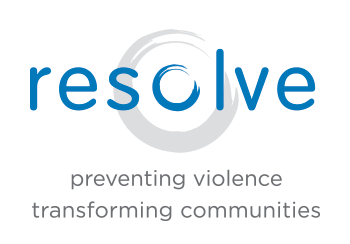Self-Care (Preventing Another Effect of Vicarious Traumatization)
Domestic violence workers, teachers, substance abuse counselors, and many others are often reminded to care for ourselves in the face of hearing about and seeing so many tragedies. It is necessary for everyone to care for him/herself. Most people hear “self-care” and think of spa days, time off, more time alone or with loved ones, eating better… I would like to suggest an addendum:
One of the best ways we can care for ourselves is to feel prepared in the face of all the heartache and tragedy we see. Whether you see it in your office/clinic/classroom/dinner with a friend or relative, or only on the evening news, we all have the need to identify and understand what we see in the world.
The best way to feel prepared is knowing and having practiced a response for similar situations. This can help us let go of those stories that stay with us. Our hearts can connect with compassion and empathy for others’ stories without taking on their worries. We don’t have to wonder, “Gosh, what would I do if that happened to me now? I don’t know.” Or, in the case of some survivors, “I still don’t know.”
You deserve the answer to that question. Having a plan and having practiced it doesn’t mean that it would go exactly that way (when does it?), but it can mean that you will feel more prepared and have an easier time filing those stories away so that they’re not always weighing on your mind.
It is certainly not the only solution. But it can be a part of a comprehensive self-care program that supports you in being the compassionate individual you want to be in a sustainable way.
